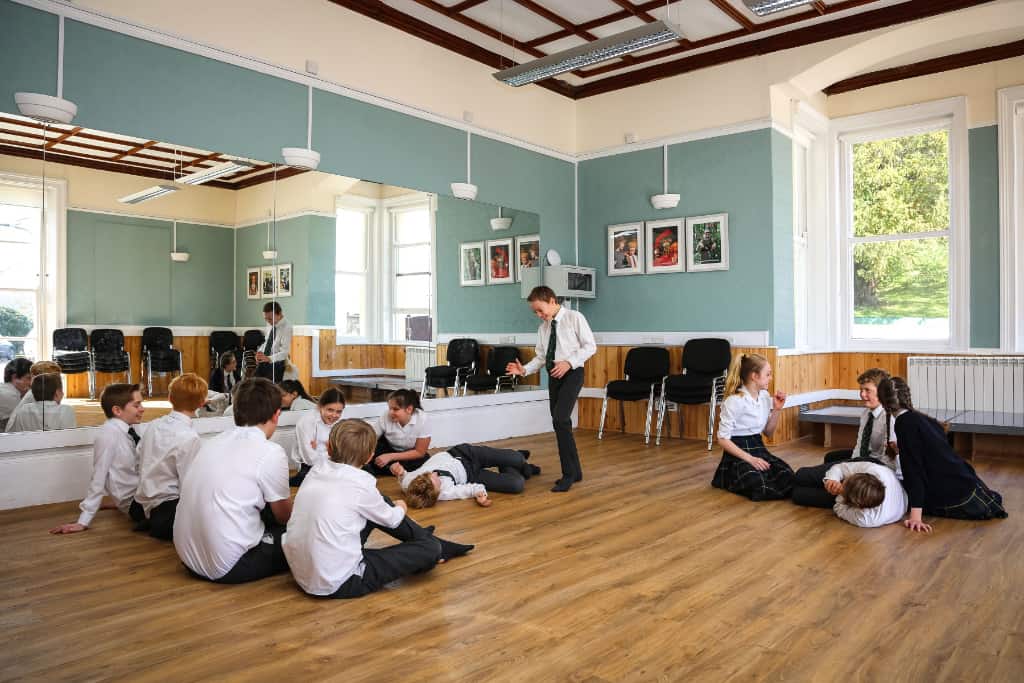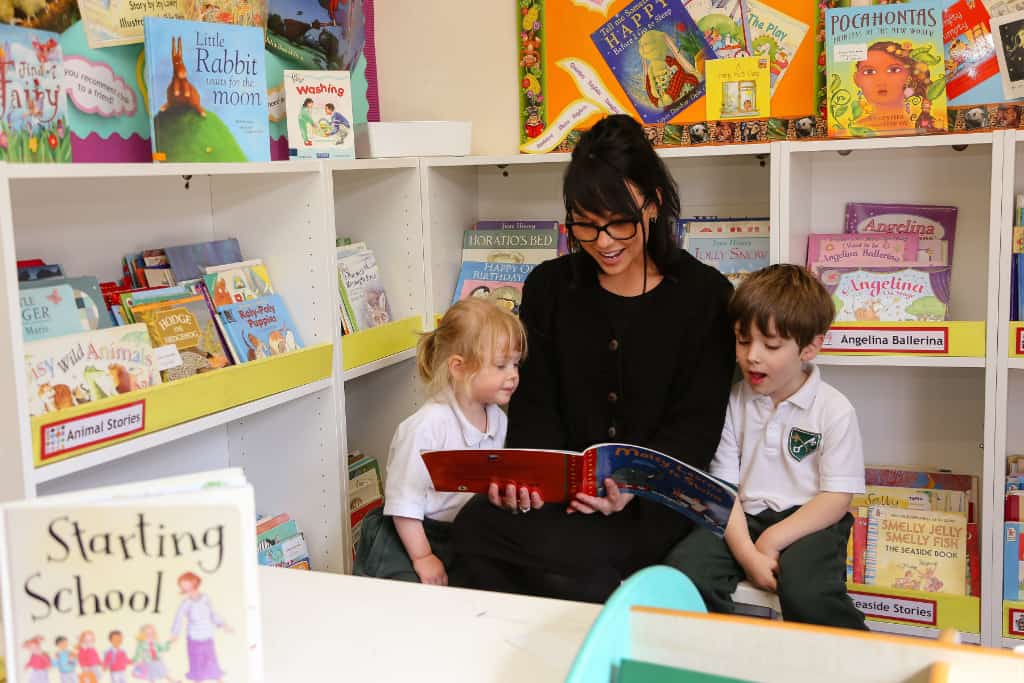Speaking out in front of a crowd can be daunting for the best of us. Some people are naturally extroverted or have confidence, whereas others may be more introverted or are shy. This can be exactly the same for children. The four traits mentioned here are not mutually exclusive, so it’s important to determine what characteristic your child is experiencing, in order to understand what the best course of action would be.
Whether it be a new school, a new class, or even just a regular day, speaking out requires a certain amount of self-confidence. Whether that confidence means to be right in an answer or knowing you will be just fine if you get an answer wrong.
There is absolutely nothing wrong with being extroverted or introverted, but if shyness is a problem that is hindering your child, then there are a few steps you can take to help them put their hand up in class.
1) Communication
The first important step is to ask your child how they feel in class when they are participating in school. Let them tell you how they are feeling, what emotions they might experience, and if any of these emotions bother them at all.
If they are experiencing worry or anxiety about, for example, getting an answer wrong, then you can guide them into understanding that the important thing is to try, or that everyone gets something wrong sometimes!
If your child expresses more concerning worries, it’s best for them to have someone they know they can talk to, and the sooner the issues are known, the sooner the help can begin.

2) Don’t Panic
Another thing to remember is not to panic. Children, especially in preschool, are still growing, adjusting and learning at a very rapid pace. This can often be overwhelming for them. All children learn and adapt at different paces, none of which is wrong or right.
It’s okay for your child to be quiet and shy, especially if there is no issue. Let them develop their own sense of what is comfortable to them.
3) Encourage Confidence Through Homework
If you have communicated with your child, and there are no disconcerting issues, the next step is to gently encourage your children at home and help improve confidence. A way you could do this is through homework.
Ask your child to read their homework answers aloud will be good practice, and wrong answers read aloud are useful as well! Let them know that as long as they try the best they can every day, it’s okay for answers to be wrong, and that they may even learn something from speaking up.

4) Bring Their Interests to School
Children love to talk about what they love, don’t we all! So, enabling them to take their interests to school where appropriate, such as a ‘share something with the class day’ could give them the boost they need to share with the class. This is especially useful if not speaking up is due to a worry about getting things wrong, because your child is an expert at what they love!
Being supportive of that at home is also vital. Children talk a lot, but when we listen and ask questions, there is a light in their eyes that just cannot be replaced. Don’t worry if your child doesn’t immediately become chatty, even with their favourite things there. Sometimes the comfort is enough to start dissolving the worry.
5) Liaise With the Teacher
Your children’s teacher knows how well your child is doing in school – better than anyone. Ask them for updates or suggestions on what goes well in class, and what doesn’t. This could then influence how you support them at home and help to improve the areas that could need some work. This will also be useful as a tool to view progression, and what helps your child in terms of their particular learning style or what they respond to.

6) Join a Team
Enabling your child to join an after-school club of something they are interested in could really encourage them to speak out a little more. We are all likely to have more opinions on or want to talk about the things we like and, with children, this will be no different. If they are sporty, then see if they would be interested in a sports club; if they are arty, then see if they would like to join an art club (you get the picture).
Also, as an added bonus, it will be a great place to facilitate like-minded friendships, which could also help in class as that extra support.

Here at our independent pre-school, Devon, children’s confidence is important to us, not only in class, but for the whole school experience.








